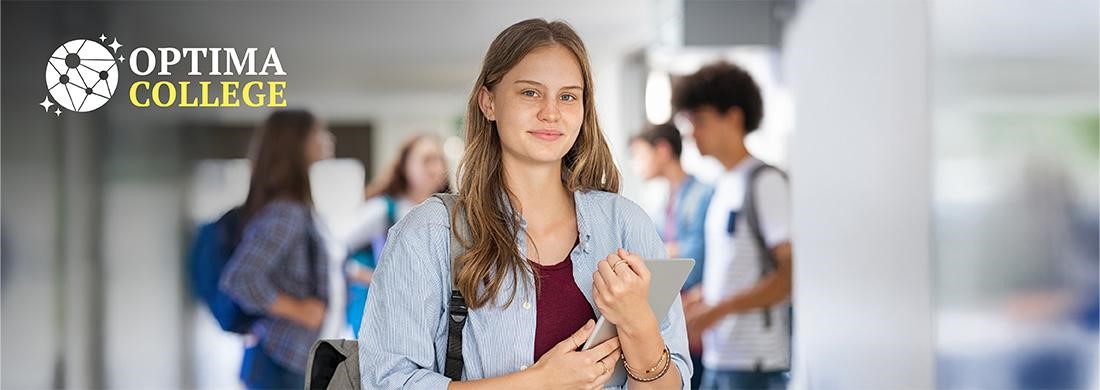All participants in the educational process need psychological support: students who find it difficult to get along with their peers, teachers who are looking for reasons for their students' loss of motivation, students who are constantly quarreling with their parents. In such situations, the psychological service of the educational institution should come to the rescue. This is a team of specialists who help overcome fears, find support and restore emotional balance.
What is a psychological service?
The psychological service in schools and universities is much more than just a team of psychology teachers working in an office with soft chairs and information posters on the walls. It is a professional activity in the field of psychology that involves creating a place where students can feel safe, speak boldly about their problems and rely on qualified help.
The psychological service guarantees understanding and support, regardless of whether it is a matter of peer conflicts, personal difficulties or educational problems. Thanks to the work of the psychological service, schoolchildren and students have the opportunity not only to improve their emotional state, but also to develop skills necessary for successful life, such as emotional intelligence or stress resistance.
The main functions of the psychological service
In educational institutions, the psychological service performs a number of important tasks that contribute to the harmonious development of children, adolescents, and adults.
- Psychological diagnostics. Identification of individual characteristics, problems and needs of students through testing, questionnaires and personal conversations. This allows us to determine which methods of work will be most effective for each individual.
- Counselling support. The psychological service can provide individual or group counselling for pupils, students, parents and teachers. During such meetings, issues of conflict resolution, improving team relations, and overcoming personal difficulties are discussed.
- Prevention. Trainings and seminars on stress resistance, emotional intelligence development, bullying prevention and other relevant issues. The activities of the psychological service should contribute to the formation of a healthy environment in the educational institution.
- Correctional and developmental work. Organising special programmes and classes for students with various problems, such as anxiety, apathy, low self-esteem, etc. The psychological service helps children and young people to better adapt to the educational process and social environment.
- Crisis intervention. Immediate assistance in cases of crisis, such as acute conflicts or tragedies. The psychological service should provide prompt response and support at the time when it is needed most.
- Social and psychological support. Assistance to schoolchildren and students who need additional attention: students with special educational needs, children from disadvantaged families, and adolescents in crisis situations. This includes support in learning and socialisation.
- Adaptation programmes. Helping first-graders, freshmen and new students to adapt to a new team and educational institution. Special programmes and classes to facilitate the transition to new conditions and reduce stress associated with the change of environment.
- Work with the teaching staff. Psychological support and counselling for teachers and tutors, assistance in resolving professional conflicts, improving communication in the team and developing pedagogical skills. This contributes to maintaining healthy communication in an educational institution.
Thus, the psychological service not only helps to overcome difficulties, but also contributes to personal growth, the development of social skills and the overall well-being of each participant in the educational process.
How to become a psychologist and improve the education sector?
If you want to work as a psychologist and make a significant contribution to the development of the educational system, start by studying the Psychology study programme at OPTIMA Distance College. You will gain all the necessary knowledge and practical skills to work effectively in educational institutions. You will learn how to conduct diagnostics, provide consultations, organise trainings and seminars, and more, which will help you become a qualified specialist.

 1
1

 2
2

 3
3

 4
4

 5
5






